Alcohol:
Cat food containing alcohol will have the same impact on a cat’s brain and liver as it does on humans, but it takes far less to see the effects. A spoonful can easily cause a coma in a cat and severe liver or brain damage. The higher the proof of alcohol, the worse the symptoms will be for the cats.
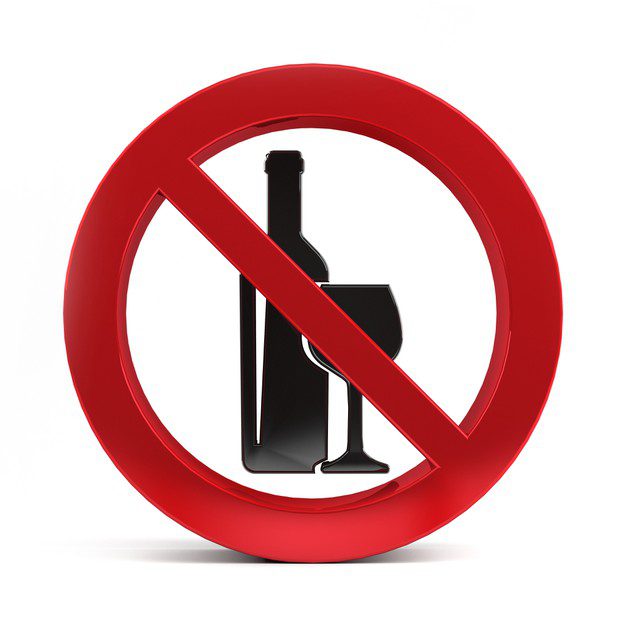
Chocolate:
While most cats would not eat chocolate on their own, you should not feed it to your pet. Chocolate cat food contains theobromine, a poisonous chemical present in all chocolate, including white chocolate. Chocolate consumption can result in irregular heart rhythms, tremors, epilepsy, and even death. Cats are most at risk from dark and semisweet cocoa.

Coffee/Caffeine:
Cat food that comes along with chocolate, coffee contains caffeine. This can induce vomiting, diarrhea, and muscle tremors, as well as being poisonous to the cats’ hearts and nervous systems. Caffeine, in high enough doses, can be harmful to a cat. And there is no treatment. Caffeine poisoning symptoms include agitation, fast breathing, heart palpitations, and muscle tremors. Caffeine can be present in cocoa, sugar, colas, and stimulant beverages such as Red Bull, in addition to tea and coffee (including beans and grounds). It’s also used in some cold medications and pain relievers.

Fat Trimmings and Bones:
Don’t offer fat trimming or bones to your cats. Fat can cause intestinal disorders, vomiting, diarrhea or pancreatitis when cooked or uncooked (inflamed pancreas). Cats may get choking from the bones, or split the bones, causing obstruction or inner laceration. You should not give your cats anything as hard or more difficult than their teeth because it will cause tooth injuries.
Fish:
Raw, frozen, and fried fish are all choices for cat food in the form of fish. Limited amounts of fish may be tolerated, but if fed in large quantities, the cat can experience thiamine (a B vitamin) deficiency, which may cause lack of appetite, seizures, and even death. The only exception is if the fish is used to create cat food. Any healthy cat food products that are thiamine-fortified are safe.

Grapes and Raisins:
While the toxicity of grapes and raisins is not specified, they can cause insufficient kidneys. Even if a little dose will make a cat ill, vomiting and becoming hyperactive repeatedly. Grapes and raisins were also used as pet medications. This isn’t a smart idea, though because cats may have kidney failure in the grapes and raisins. Thus a limited quantity will cause illness to a cat. Vomiting and hyperactivity repeatedly are early symptoms. While some cats do not display any harmful consequences, it is better to keep your cat away and raisins and grapes from countertops and other areas where your cat can reach.
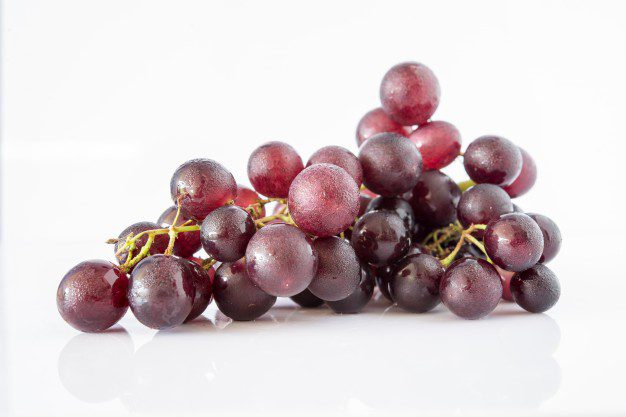
Macadamia nuts:
Cat food Like grapes and raisins, it is not known what makes macadamia nuts toxic. Ingestion of macadamia nuts can affect the digestive and nervous systems and muscle.
Milk/Dairy Products:
Fortunately, most cats are lactose-intolerant, so it’s better to avoid all dairy products to be healthy. Mushrooms like for instance contain substances that can affect numerous systems in their body, resulting in shock or death. What’s the harm in giving your cat a glass of milk or a bit of cheese? Since majority of cats are lactose intolerant their digestive tract is unable to absorb dairy foods, which can lead to digestive trouble and diarrhea.
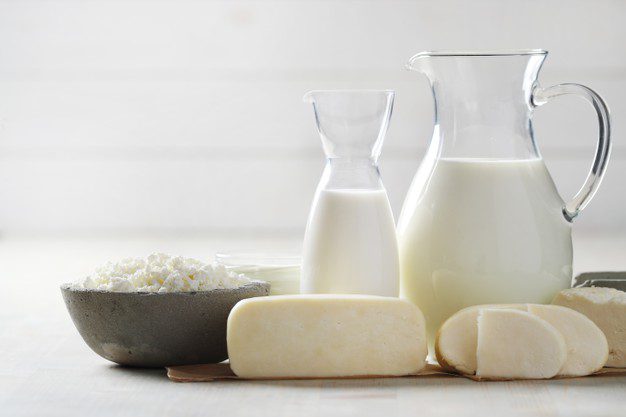
Onions, Garlic, and Chives:
Since it breaks down red blood cells, cat food in this type can cause anemia in cats. Particularly onion powder, which is used in some infant foods, is harmful to cats. Onion, like garlic and chives, can cause gastrointestinal distress. Any kind of onion, either powdered, fresh, fried, or dehydrated, will degrade a cat’s red blood cells, resulting in anemia. This is valid except with onion powder, which is present in some baby foods. Onion poisoning may occur when a large amount is consumed all at once or when smaller quantities are consumed on a daily basis. In addition to onions, garlic, which is five times as active as onions, and chives can all cause serious health issues and even death.
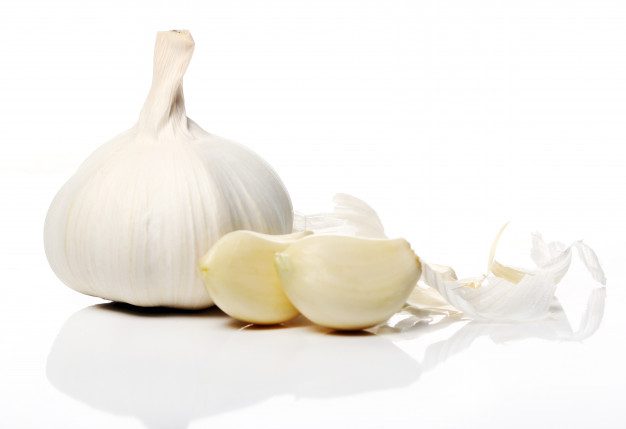
Raw eggs and meat:
Raw eggs contain substances called avidin, which reduces biotin (a B vitamin) absorption and can cause skin, hair, and coat problems. Salmonella and other parasites also present in raw eggs. Salmonella and E. coli, which can cause diarrhea and vomiting, can be found in raw meat. There are two various concerns with feeding raw eggs to your cat. Firstly, is the risk of food poisoning caused by bacteria such as salmonella or E. coli. The second issue is an unusual one in which avidin, a protein found in raw egg whites, that can conflict with the absorption of the B vitamin biotin. These could lead to skin issues as well as hair issues in your pet.
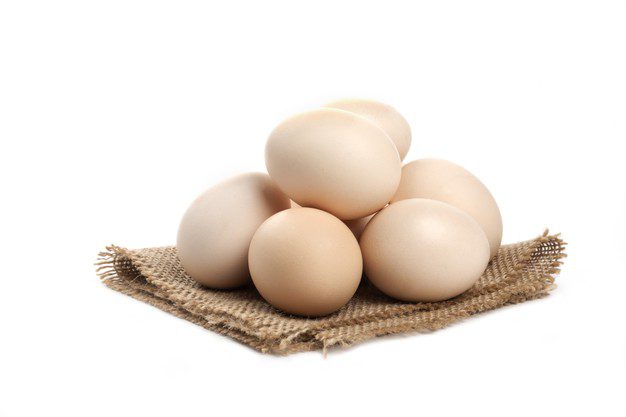
Sugary foods:
Xylitol is commonly used to sweeten sugary cat foods such as sweets and gum. Xylitol is believed to increase insulin intake, resulting in lower blood sugar levels. It may also induce dehydration, nausea, lack of balance, and, in the worst-case scenario, liver failure. Obesity, oral complications, and diabetes can all be caused by sugary foods that do not contain xylitol.
Tuna:
Cats may get addicted to tuna-based pet foods, if they are packaged for cats or humans. A little tuna every now and then won’t matter. A consistent diet of tuna cooked for humans, on the other hand, will contribute to starvation because it lacks all of the nutrients that a cat requires. In addition, eating too much tuna will lead to mercury poisoning.
Dog Food:
A small amount of dog food would not harm your pet. However, dog food is not a suitable replacement for cat food. Many of the ingredients are the same. Pet food, on the other hand, is specially made for a cat’s needs, contains more calcium as well as some vitamins and fatty acids. Thus, a constant diet of dog food can cause serious malnutrition to your cat.
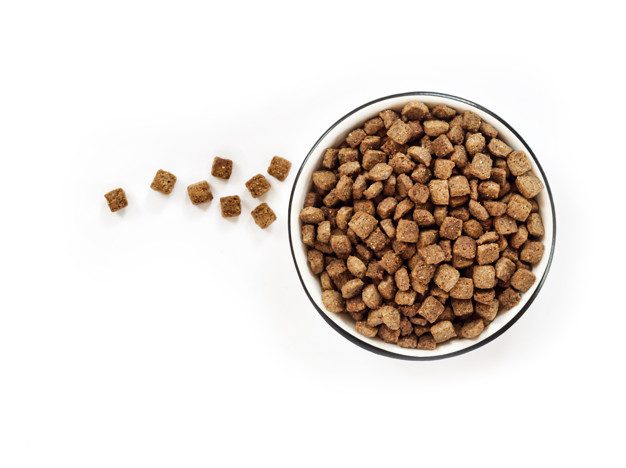
Liver:
A small amount of liver is fine, but too much liver can cause vitamin A toxicity. This is a dangerous condition that can cause your cat’s bones to deteriorate. Deformed muscles, bone growths on the elbows and back, and osteoporosis are all symptoms. Consequently, the toxic levels of vitamin A may also result in death.
Yeast Dough:
In the digestive system, yeast dough can expand and release gas. This can cause inflammation and a rupture of the stomach or intestines. Furthermore, as the yeast allows the dough to grow, it releases glucose, which can result in alcohol poisoning. Bread dough has to rise before baking. That’s exactly what it does in your cat’s stomach if it consumes it. The dough will expand the belly and inflict intense pain when it swells internally. Consequently, when yeast ferments the dough to cause it to grow, it develops alcohol, which can lead to alcohol poisoning.
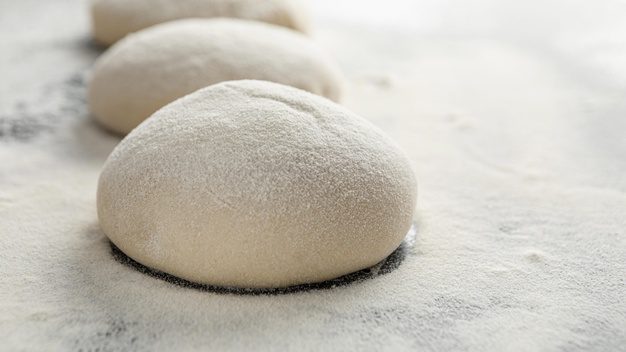
Your Medicine:
One of the most common causes of cat poisoning is ingestion of a human-prescribed drug. Place all medications out of reach of your cat, just as you would with your cats. Unless your veterinarian advises you otherwise, never offer your cat over-the-counter medication. Acetaminophen and ibuprofen are important ingredients in pain relievers and cold medicines. They can even be dangerous to your cat.
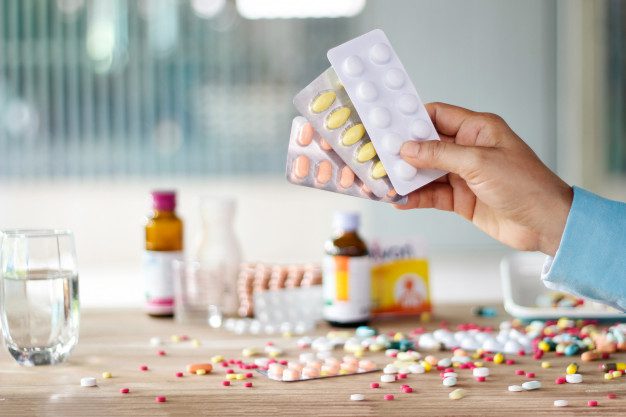
Non-food items:
Toys, soft rubber objects, stringy objects (thread, rope, tinsel), coins, and medication pose a greater danger to cats than food. Aspirin, Tylenol, and Motrin are also extremely poisonous, and even a single tablet can be fatal. If you think your cat eats some of these things, try to figure out whether and how much he or she ate first. You can then consult your veterinarian to determine if immediate attention is required.
Sharrmanraj